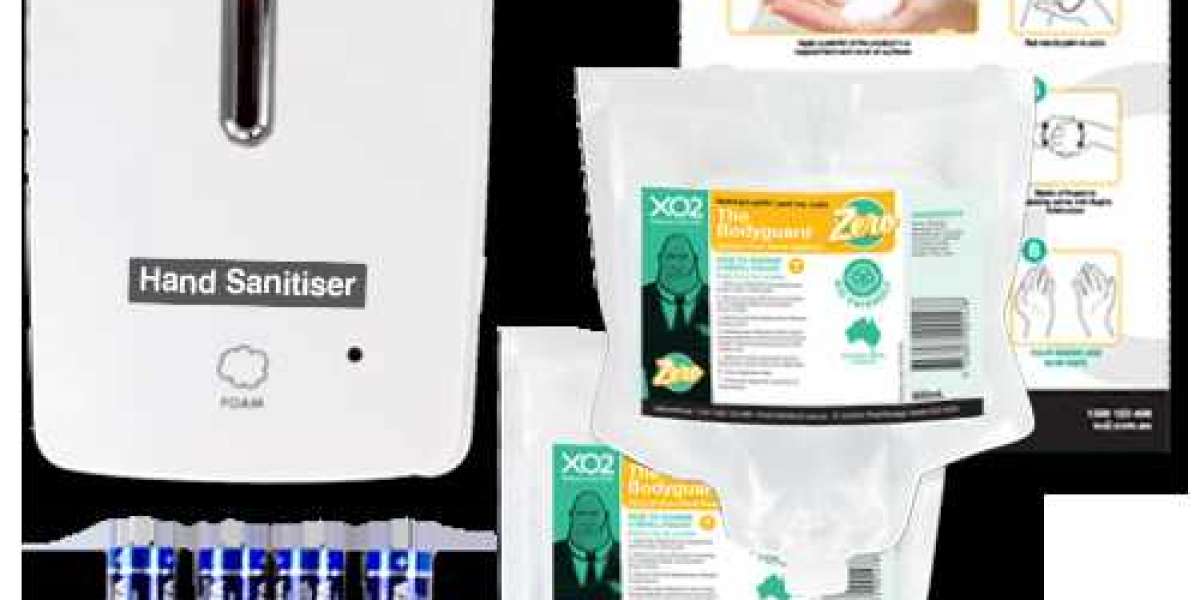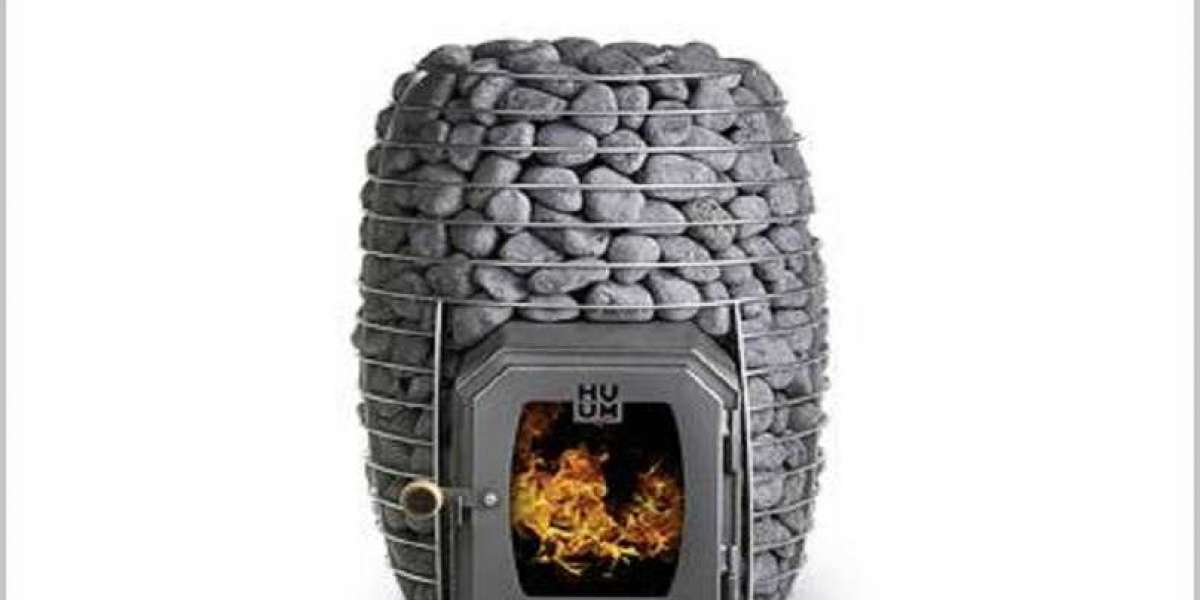On most foaming hand soap dispensers, there is a warning not to refill the bottle since it will clog. If you use regular hand soap, this is true, however they can be renewed. Instead of throwing away the empty plastic bottle, refill it to get more use out of it.
Filling the dispenser is a breeze; they simply work by introducing a small quantity of air into the soap as it passes through the nozzle. The majority of soaps are too thick for this, which is why it will clog. So, if it's too thick, all we have to do is add some water, and the dispenser will be refilled.
If you're taking the time to refill the bottle, you probably already have soap on hand, which is great; any liquid soap should suffice. To begin, fill your container approximately a fourth of the way with soap, leaving about an inch of space at the top for water. You don't want it to fill up with suds and overflow, so add the water slowly.
Replace the lid, make sure it's secure, and start mixing. Shake it vigorously until the soap has completely dissolved in the water.
You'll use less soap and waste away less plastic if you use this strategy. You also waste less water. Simply pump some foamed soap into your hand and suds it up, then rinse it away with some running water.
While it may appear to be a bit of a hassle to do this every time your dispenser runs out, you can always plan ahead. You may pre-mix soap and water in an old, clean vinegar jug or something similar, using the same 1 part soap to 3 parts water ratio.
When it's time to replenish, simply utilise this. If you want to give your soap a boost of antibacterial power, you may also add rubbing alcohol to the recipe. 1 part soap, 1 part rubbing alcohol, and 2 parts water would be the formula. You might also use 1 part soap with 3 parts rubbing alcohol, but this would dry up your hands and is not suggested for daily use.




Alphonsus Odumu 6 w
Soap dispenser